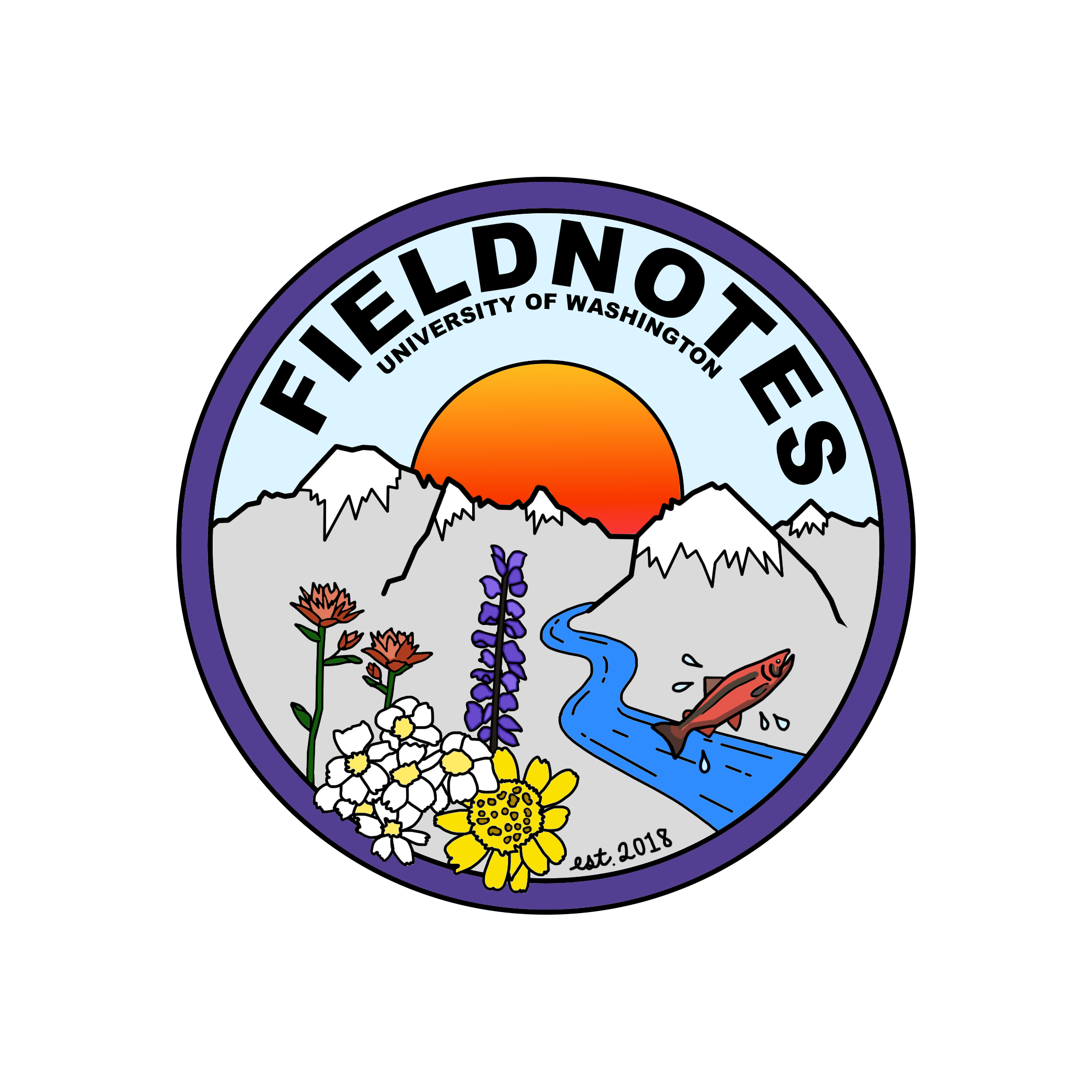Research Abroad: Food Culture in Tanzania
Mary Cappelletti is a senior in the Program on the Environment and went to Bangata, Tanzania in Fall 2017 through SIT . She studied the drivers of food choices in an urban setting by interviewing locals and found most individuals are motivated by cost and location. Her study also highlighted a lack of food education in Arusha, Tanzania and potential repercussions.
What drew you to Tanzania?
I chose Tanzania because I wanted to go somewhere I may not feel comfortable visiting alone. Not only did I want to see the amazing wildlife and diverse ecosystems, but I also wanted to gain both the comfort and ability level necessary to travel to places like Africa solo. Tanzania was my second abroad trip so I had a pretty good idea about what I wanted to out of the organization, location, and subject I would chose for the trip. Primarily, I wanted nature and lots of it.
What made you want to pursue this question/topic?
The program started with three months of field based learning in various settings, including national parks and urban settlements, and concluded with a month long independent research project. Leading up to the project, I attempted to come up with ideas and kept coming back to food. I have always been fascinated by food, and generally just human consumption, but I was particularly captivated by the relationships I was seeing around me. Ultimately, the relationship that humans have with food has to change if we’re going to solve problems including climate change, but to do that, we have to understand why they exist the way they do. Many Tanzanians have very direct relationships with their food so I set out to examine these relationships in the small town of Bangata (outskirts of Arusha).
“I kept coming back to food. I have always been fascinated by food, and generally just human consumption, but I was particularly captivated by the relationships I was seeing around me.”
Students learning about the process of making banana beer.
What were some challenges you faced doing research abroad?
The language barrier was definitely difficult and my translator situation was not ideal. I also struggled to keep bias out of my study for many reasons. First, we were required to pay the interviewees. It was only a small amount, but it gave an incentive that may have influenced my participants. Additionally, the dynamics of interacting with a white American woman definitely influenced responses at times, despite my efforts to prevent this. It seemed many men would alter their answers and be dishonest at times.
A typical meal provided by our program. These meals were cooked by local chefs that traveled with use when you did field studies.
What was the best part of your experience abroad?
The best part of my time abroad was definitely the wildlife and the beautiful ecosystems, but I also really grew as an individual due to my project. I was not around many native English speakers and I was frequently in situations that I found uncomfortable; so I learned to be self sufficient, and honestly, self comforting. I also learned about misconceptions. Prior to my trip, I tended to jumble all the African countries into a single idea of what Africa was like. However, there are a wide variety of communities in Tanzania and this was complicated to learn about and frustrating to reflect on. How had I not put more thought into this before being confronted with it? I found it incredibly rewarding to learn about this first hand and be forced to reflect on it while experiencing it.
How can others get involved in this type of research?
SIT (School for International Training) hosts a variety of study abroad programs, almost all of which have an internship or research project at the end. Students are allowed and encouraged to study whatever interests them, within the capabilities of the program.




